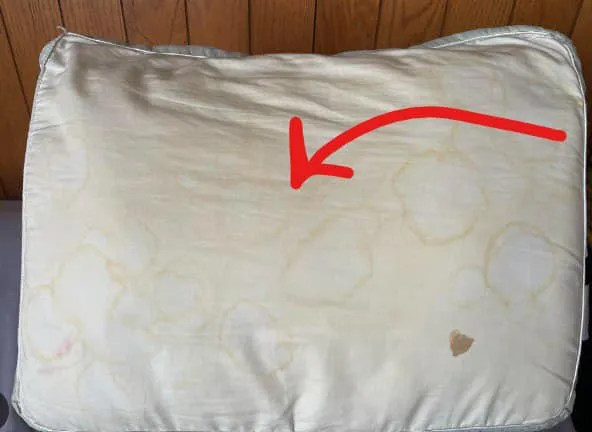Most people think they know what Jesus looks like: a man with long hair, a beard, and light skin, wearing a long cream robe. But experts say many of these images, whether on toast, in paintings, or in our minds, probably aren’t accurate.
Many pictures show Jesus with long hair, blue eyes, and sandals, but the New Testament doesn’t describe how he looked. There’s no DNA to help us either. Even though we’re not sure about his real appearance, experts now think they’ve made a picture that’s closer to the truth.
A Dutch artist named Bas Uterwijk used modern computer technology to make a picture of Jesus that might be closer to how he really looked. He trained a computer program on many photos and paintings, including famous ones like Leonardo da Vinci’s “Salvator Mundi”. He adjusted the images to make Jesus look more like someone from the Middle East.
Bas Uterwijk thought the common pictures of Jesus didn’t look right for his time and place. So, he adjusted the hair and beard to fit the style back then in the Middle East. He also used details from old mummy paintings. But he reminds us that his picture is just an artistic guess of how Jesus might have looked, not a perfect match.
In another project, UK scientists and Israeli researchers made a 3D image of Jesus’s face using a mix of ancient skulls and modern forensics. Dr. Richard Neave, who’s known for recreating the faces of historical figures like King Phillip II and King Midas, led this effort. His work gives us a possible look at what Jesus might have really looked like based on science and history.
Their image suggests Jesus may have had a broad face, dark eyes, short dark hair, a thick beard, and tan skin. This matches how people from Galilee looked back then. The New Testament, especially in the Gospel of Matthew, even hints that Jesus looked a lot like his friends, the disciples.
Dr. Neave’s team used advanced methods to build their image. They started with X-rays of three old skulls that were from the same era and region as Jesus. These skulls were then looked at slice-by-slice using computer technology. With the help of computer programs, they figured out how thick the skin and muscles would be. Then, they made a 3D digital model of a face and a physical model using clay. They shaped the clay to the thickness the computer suggested. Finally, they crafted the eyes, lips, and nose based on how the skulls were shaped.
The skull analysis gave the team a lot of information, but it couldn’t tell them everything, like the color of Jesus’s eyes or how he styled his hair. By looking at art from the first century, before the Bible was written, the team thought Jesus probably had dark eyes. Based on Jewish traditions of that time, they believed he had a beard. And, using hints from the Bible, they guessed Jesus had short hair with tight curls, which is different from how he’s often shown in popular images.
A line in the Bible, written by Paul, says “If a man has long hair, it is a disgrace to him.” This gave the team a hint that Jesus likely had short hair. This idea contrasts with the famous Shroud of Turin, which appeared in 1354 and shows a long-haired man. Some think this shroud shows Jesus after he died on the cross.
The research suggests that Jesus was probably about 5-foot-1 and weighed around 110lbs. Because he worked outdoors as a carpenter until he turned 30, experts think he had a tan and was more muscular than the way many paintings show him.
When this story was shared on Facebook, many people reacted with a strong “Amen!” Interestingly, the updated image of Jesus is similar to a painting called “Prince of Peace,” made by Akiane Kramarik when she was only eight years old. Akiane claims she painted Jesus as she saw him in her dreams. Today, her artwork is known worldwide and is considered invaluable.
People might now be on the lookout for a different-looking Jesus based on these findings. It’s amazing how science and technology can help us explore and understand our history. Recreating an image of Jesus in this way is truly fascinating.
What’s your take on this? Share your thoughts and let’s discuss Jesus’s updated appearance!



